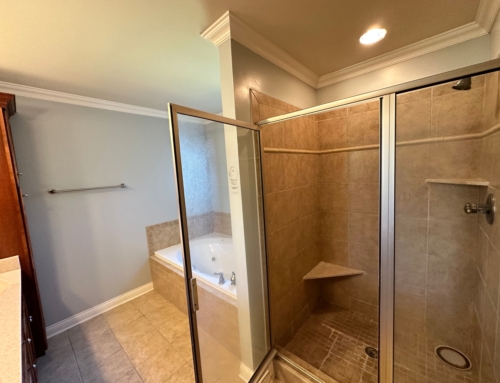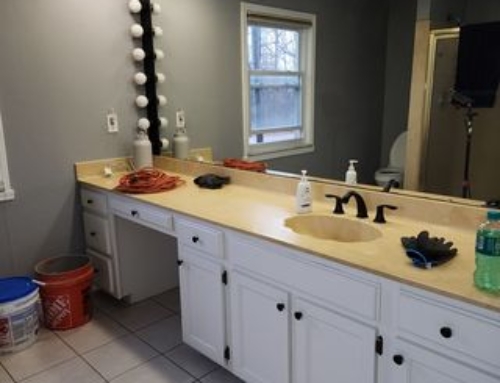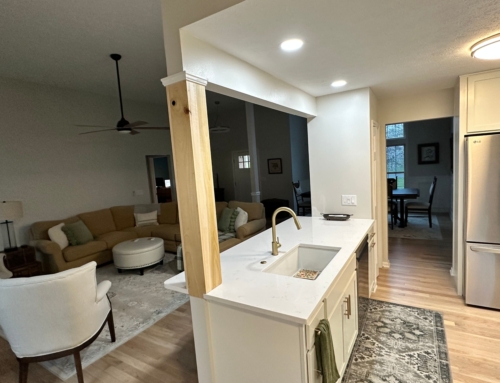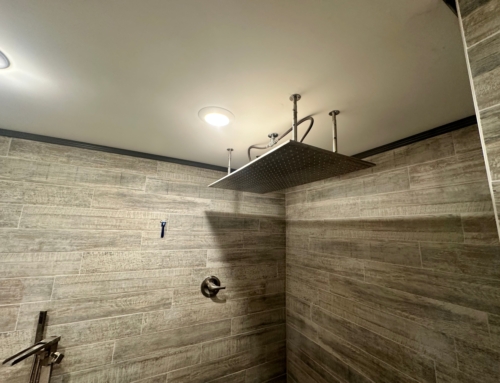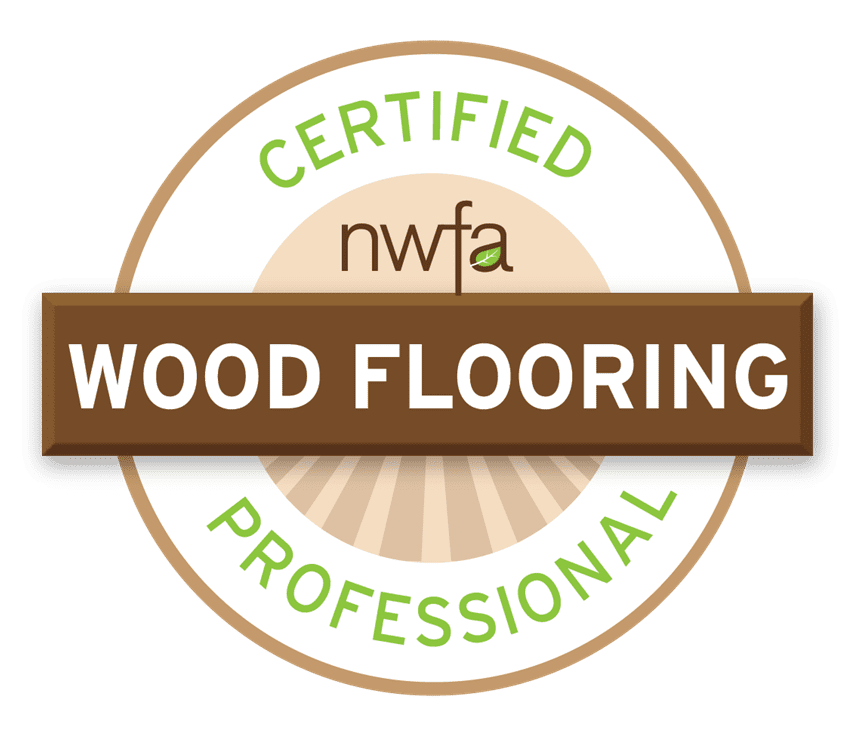Get Home Sellers to Drop Their Asking Price
If you’re in the market for a new home, whether you’re a first-time buyer or a seasoned real estate veteran, you’re about to make the biggest single purchase most people will ever make in their lives. To ensure it’s not also the single biggest mistakeyou’ll ever make, it’s important to arm yourself with as much information as possible about home buying—especially when it’s time for the negotiation process.
The average American now stays in their home for about 13.5 years. That means by the time they retire, most homeowners will have closed on about five houses (three bought, two sold).
By comparison, the average realtor in the United States closes on about 11 real estate transactions per year—over twice as many closings as most Americans experience in their lifetime.
Needless to say, the more you know before you even begin to look at listings the better prepared you will be to advocate for yourself to get the best deal possible.
When evaluating a home for sale, most buyers and their agents assess the same small set of features to see if any costly repairs or replacements will need to be made soon. Roofs, siding and HVAC units are all on everyone’s checklist because those items are often the most expensive ones to repair or replace when they blow.
What many home buyers and their agents (who are trying, let’s not forget, to make a sale happen) often overlook is actually one of the most obvious features of a home—the floors. Replacing a home’s floors can be a costly, complicated, enormous project, and home buyers who don’t properly evaluate the condition of a listing’s floors may end up with a construction site on their hands sooner than they’d like.
As part of the home buying process, you will eventually hire a licensed home inspector to evaluate every aspect of the property, including the flooring. Even still, you can gauge the condition and potential longevity of a home’s floors yourself by looking at just a few key details. Best of all, you can do this before even deciding whether or not to make an offer.
Your first impression of a home’s flooring will come just from walking around and touring the property. Does the floor squeak? Does it give way beneath your weight in any spots? Does it feel solid when you plant your foot on it? If you notice any obvious signs of disrepair such as these, the problem may be deeper than the floor itself, possibly even structural to the house.
Be sure, of course, to give the floors a visual look-over while you’re walking around. Any defects visible from a standing position are sure to indicate even worse problems when you examine them more closely.
If you do notice problems, or even if everything looks fine but you want a closer look, don’t be afraid to get on your hands and knees and crawl around a bit. Your agent won’t make fun of you (to your face anyway). Check corners and walls to make sure any molding is flush and caulked. Inspect seams on hardwood and hardwood-inspired floors to make sure they’re also even and flush, and in tiled rooms to makes sure all the pieces of the floor meet up at the right angles and create a smooth, even surface.
Notice whether there are any scratches, gouges or chips taken out of any parts of the floor. It’s far easier to spackle over damaged walls and ceilings than it is to cover up damaged floors. Pay special attention to the grout lines on tiled floor. Are they uniform in color or do there appear to be stains in certain areas? Faulty grout can lead quickly to tiles becoming dislodged, resulting in a total floor replacement.
Of course, there’s always the small possibility you’ll uncover more catastrophic problems, such as rotten wood panels or missing grout. If you do discover such egregious issues, you may do well to consider them deal-breakers and continue elsewhere in your home search.
Let’s say you’ve inspected all of the flooring and it passes muster. There’s one more area you’ll want to check out, especially in older homes that have gone through several updates and renovations: thresholds.
Check the threshold areas in between rooms to determine whether the floors are level with one another, or if some floors appear more elevated than others. Sometimes in an effort to save a buck, homeowners and/or their contractors will lay new floor atop existing floor and make up the difference between rooms with a step-up transition.
If that’s the case, you’re going to have a major headache waiting for you if you ever decide to replace the floors and you want to do it the right way, by taking them down to the subfloor before installing the new material.
If everything about the house is perfect for you, but you’ve discovered major flooring issues and feel some or all of the floors are going to need replacement, the next step is to estimate the costs you’ll incur after the purchase of the home—and use those numbers to negotiate a lower selling price.
Average Flooring Replacement Costs
- Soft woods such as pine: $6—$11/sq.ft.
-
Mid-grade woods, such as cherry and oak: $9—$18/sq.ft.
- High-end grades, such as tigerwood and mahogany: $12—$22/sq.ft.
- All types of tile: $15+/sq. ft.
Approximate Cost for a 12’x12’ (144 sq.ft.) Room
- Soft woods: $864—$1,584
- Mid-grade: $$1,296—$2,592
- High-end: $1,728—$3,168
- Tile: $2,160+
*source: homeadvisor.com
Remember, when buying a house, you’ll literally have to live with your decision for years to come. When you find a property you love, your objective should be to whip it into as perfect of shape as possible as soonas possible so you can enjoy your home fully during the 13.5 or so years you’ll be living there.
Can’t decide what kind of flooring is perfect for you? Check out our guide to hardwood and hardwood-inspired flooring as well as our explanation of the different types of tile. Ready for a hassle-free quote with a pricing guarantee? Call or email Flooring Masters & Professional Remodelers today for a free consultation. We know you only want the best in flooring. That’s why it’s important to hire the best in the business, and at Flooring Masters & Professional Remodelers, we can guarantee you that’s us.
Flooring Masters & Professional Remodelers have been flooring and remodeling Kentuckiana for over 30 years. Our certified installers have the ingenuity and know-how to assist you in choosing the perfect floors for your home. Don’t take matters into your own hands—let us guide your next project.

